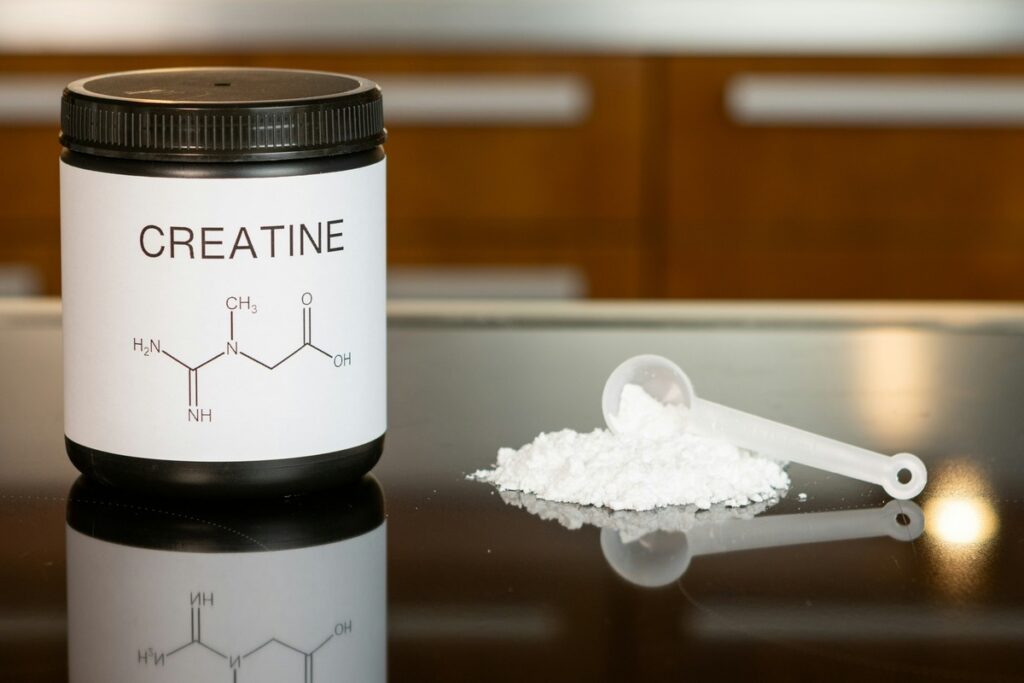
The Health and Longevity Benefits of Omega-3 Supplements
Over the years, my supplement routine has evolved considerably. I’ve cycled through various multivitamins, tailored to meet my perceived health needs, and experimented with extra doses of Vitamin D or starting my mornings with MCT oil for better brain function. You name it, and I’ve probably included it in my routine at some point. However, one supplement has remained a constant throughout my adult life: fish oil, rich in Omega-3s.
Omega-3 fatty acids are essential nutrients that play a crucial role in maintaining overall health and promoting longevity. These polyunsaturated fats, particularly the vital EPA and DHA found in fish oils and certain plant sources, have been the subject of extensive research. As a cornerstone of my longevity routine, I believe Omega-3s deserve a spot in yours as well. Below, we explore five key health benefits of Omega-3 supplements, all supported by scientific studies.
1. Cardiovascular Health
One of the most well-established benefits of Omega-3 fatty acids is their positive impact on cardiovascular health. Omega-3s, particularly eicosapentaenoic acid (EPA) and docosahexaenoic acid (DHA), have been shown to significantly reduce triglyceride levels, which is a major risk factor for heart disease. While earlier studies suggested that Omega-3 supplementation could reduce overall mortality and prevent cardiovascular events, recent systematic reviews have cast doubt on these claims. Although Omega-3s may not drastically lower mortality, they remain beneficial for specific cardiovascular markers, such as triglyceride reduction, which can contribute to better heart health over time (Abdelhamid et al., 2018).
2. Anti-inflammatory Properties
Inflammation is a key factor in many chronic diseases, including arthritis, psoriasis, and inflammatory bowel diseases. Omega-3 fatty acids are known for their potent anti-inflammatory properties, which can help reduce the severity and frequency of inflammatory responses in the body. This anti-inflammatory effect is particularly valuable for individuals suffering from conditions like rheumatoid arthritis, where Omega-3 supplementation has been shown to alleviate symptoms and improve quality of life (Mori & Beilin, 2004).
3. Cognitive Function
As the population ages, cognitive decline has become a significant concern. Omega-3 fatty acids, particularly DHA, play a vital role in maintaining brain health. Studies suggest that Omega-3 supplementation may help improve cognitive function in older adults and reduce the risk of age-related cognitive decline. This benefit is especially important as it highlights the potential of Omega-3s to support brain health and possibly delay the onset of neurodegenerative diseases like Alzheimer’s (Molfino et al., 2014).
4. Mental Health
Omega-3 fatty acids have also been studied for their effects on mental health, particularly in relation to mood disorders like depression and anxiety. Research indicates that Omega-3s can improve symptoms of depression and anxiety, especially when used in combination with other supplements, such as vitamin E. The anti-inflammatory properties of Omega-3s may contribute to their beneficial effects on mental health, offering a natural alternative or complement to traditional psychiatric treatments (Jamilian et al., 2018).
5. Muscle Protein Synthesis
Maintaining muscle mass is a critical aspect of healthy aging, as the loss of muscle mass (sarcopenia) can lead to increased frailty and reduced quality of life in older adults. Omega-3 supplementation has been shown to stimulate muscle protein synthesis, which can help counteract the effects of aging on muscle mass. This benefit is particularly significant for older adults, who are at higher risk of sarcopenia, and underscores the importance of Omega-3s in promoting healthy aging (Smith et al., 2011).
Conclusion
Incorporating Omega-3 supplements into your daily routine offers a multitude of health benefits that can significantly contribute to longevity and overall well-being. From supporting cardiovascular health and reducing inflammation to enhancing cognitive function and mental health, Omega-3s are an invaluable addition to any diet. Their role in promoting muscle protein synthesis further underscores their importance in the aging process, making them essential for maintaining a healthy and active lifestyle as you grow older. However, it’s crucial to ensure that you’re getting the highest quality Omega-3 supplements. Generic, mass-produced versions often fall short in delivering the purest fish oils.
That’s why I recommend choosing trusted brands like Thorne or Nordic Naturals, which are known for their commitment to quality and potency. By selecting a premium Omega-3 supplement, you can fully harness the benefits of this powerful nutrient. Take a step towards better health today by making Omega-3s a consistent part of your wellness routine.
References
- Abdelhamid, A., Brown, T., Brainard, J., Biswas, P., Thorpe, G., Moore, H., Deane, K., AlAbdulghafoor, F. K., Summerbell, C., Worthington, H., Song, F., & Hooper, L. (2018). Omega-3 fatty acids for the primary and secondary prevention of cardiovascular disease. The Cochrane database of systematic reviews
- Mori, T. A., & Beilin, L. (2004). Omega-3 fatty acids and inflammation. Current Atherosclerosis Reports, 6, 461-467
- Molfino, A., Gioia, G., Fanelli, F., & Muscaritoli, M. (2014). The Role for Dietary Omega-3 Fatty Acids Supplementation in Older Adults. Nutrients, 6, 4058-4072
- Jamilian, M., Shojaei, A., Samimi, M., Afshar Ebrahimi, F., Aghadavod, E., Karamali, M., Taghizadeh, M., Jamilian, H., Alaeinasab, S., Jafarnejad, S., & Asemi, Z. (2018). The effects of omega-3 and vitamin E co-supplementation on parameters of mental health and gene expression related to insulin and inflammation in subjects with polycystic ovary syndrome. Journal of Affective Disorders, 229, 41-47
- Smith, G. I., Atherton, P., Reeds, D., Mohammed, B. S., Rankin, D., Rennie, M., & Mittendorfer, B. (2011). Dietary omega-3 fatty acid supplementation increases the rate of muscle protein synthesis in older adults: a randomized controlled trial. The American journal of clinical nutrition, 93(2), 402-12



